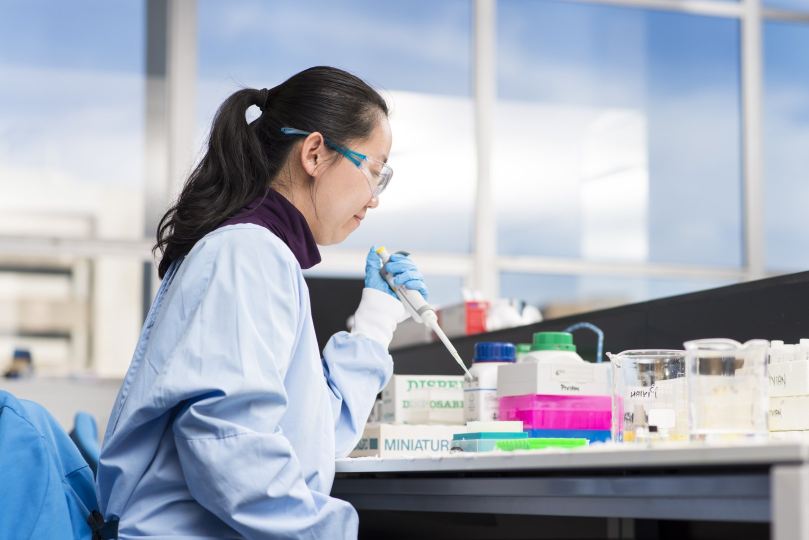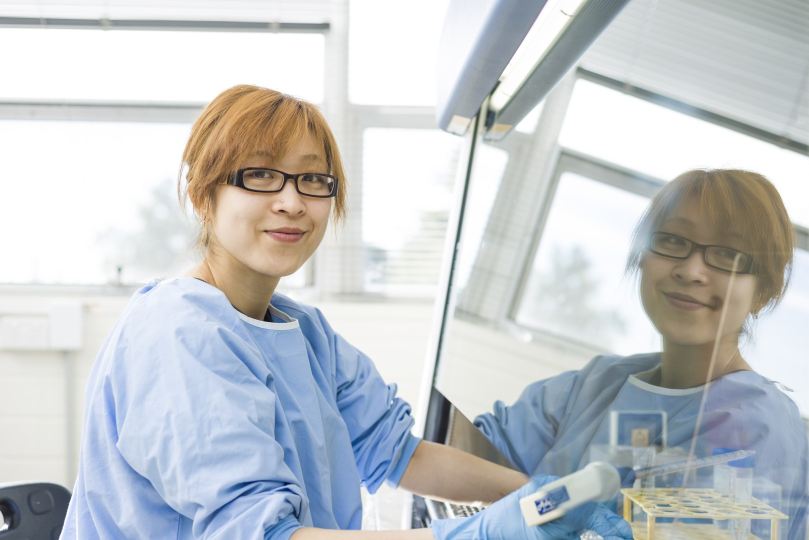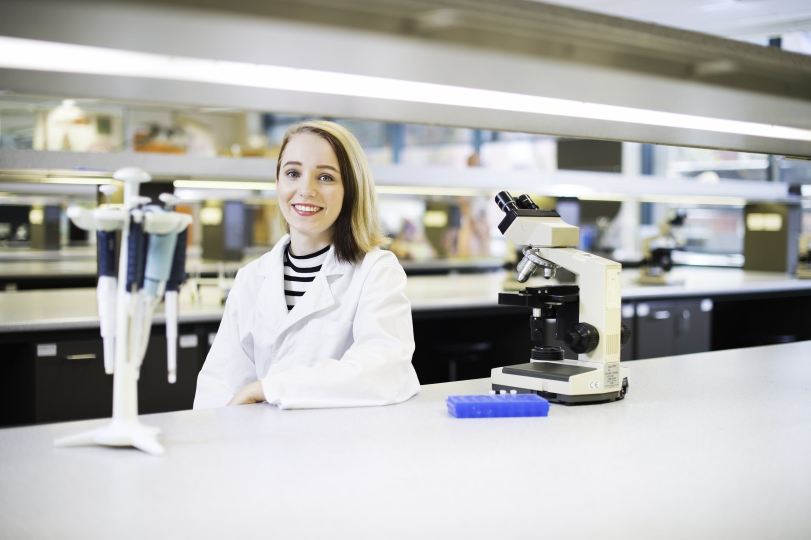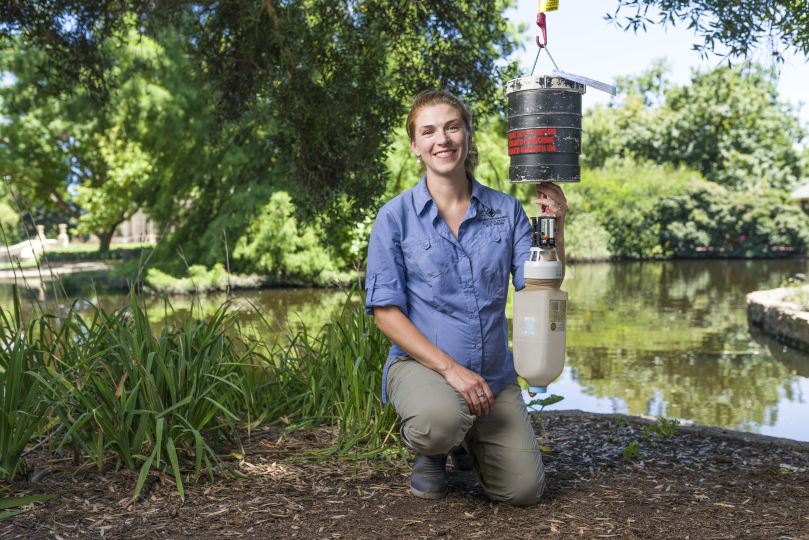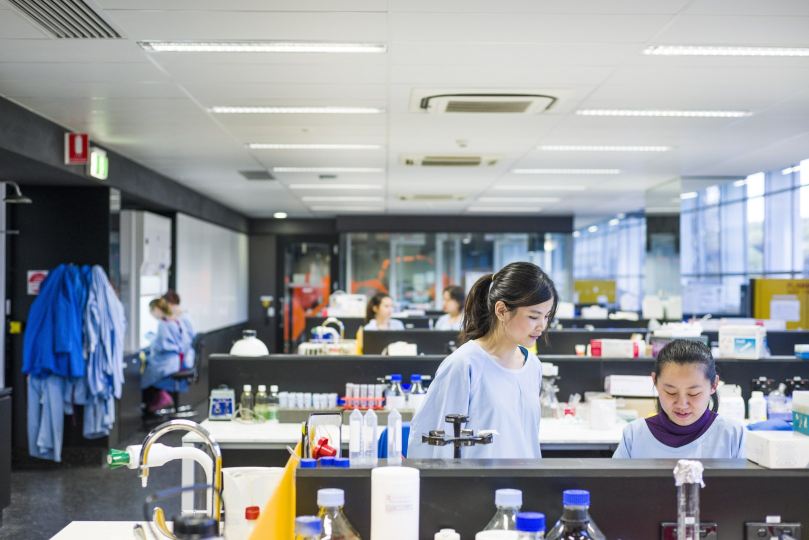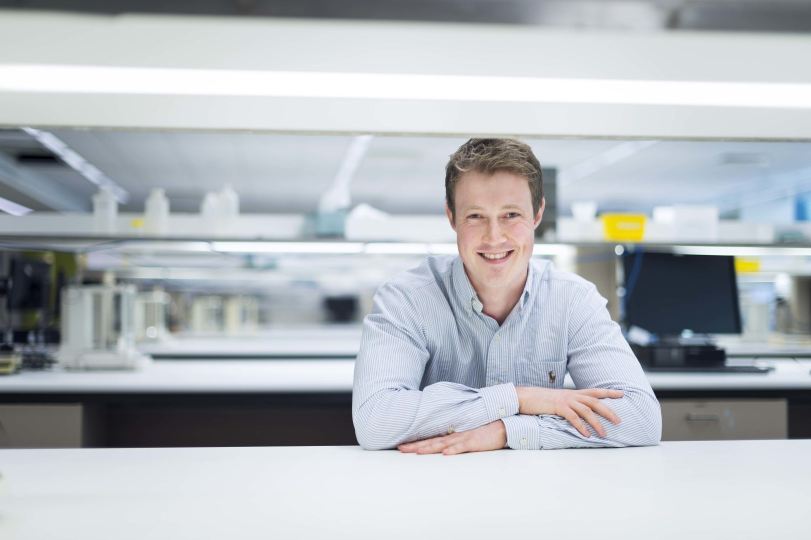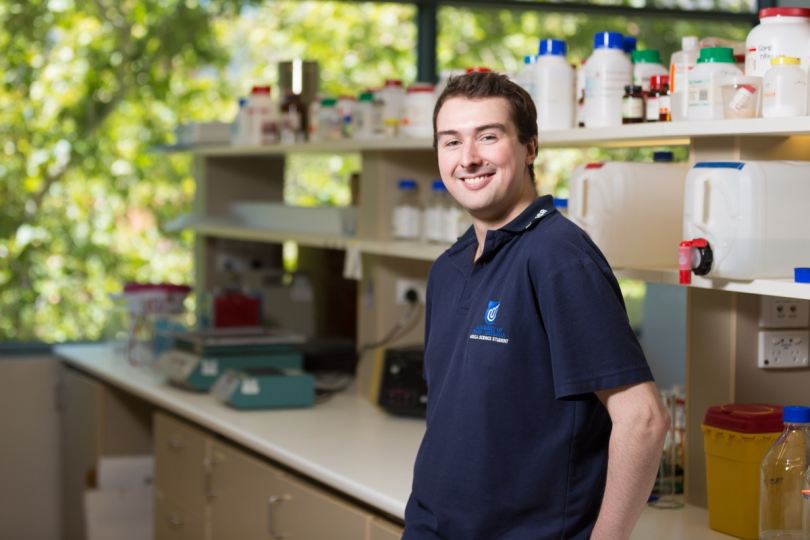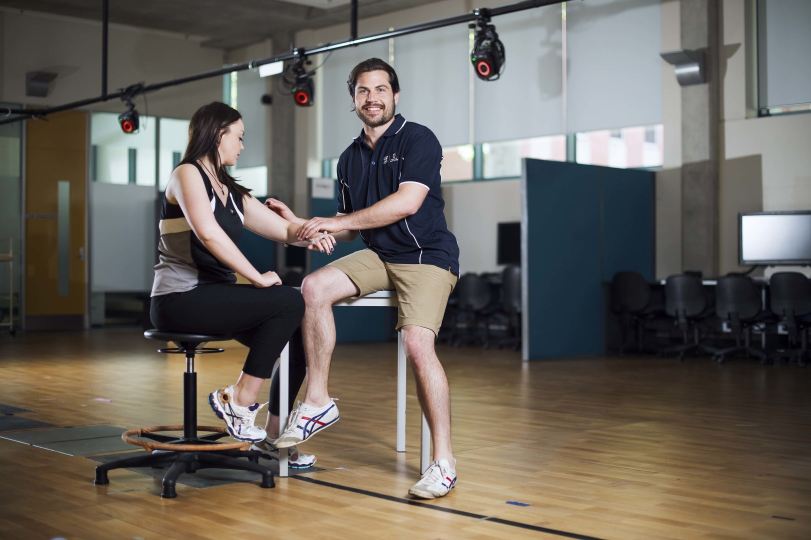Doctor of Philosophy
Degree Level Research
Year 2025
You're considered an International student if you are:
Degree Level Research
Year 2025
Program Code
IPHD
Fees
AUD$ 42,000 per annum (per 1.0 EFTSL) for students enrolled in 2025
International Admission by Country
See full entry requirements
CRICOS Code
See research areas (PDF)
Program level
Doctorate by research
You must check the entry requirements for the type of research degree you wish to apply for and make sure you are eligible.
Please note12018 Excellence in Research for Australia (ERA). 2UNSTOPPABLE® is a Kellogg Company trade mark used under licence. 3Ranked #43, 2024 THE Young University Rankings.
UniSA research is inspired by the challenges and opportunities of today. In the 2018 Australian Research Council Excellence in Research for Australia (ERA) evaluation of Australian universities, all of our assessed research was rated at world class or above. We are vibrant, outward-facing and responsive. We partner with industry, government and communities to seek answers to questions that arise in the real world.
Learn more about our research.
UniSA intends to deliver industry and end-user informed research that supports employer-relevant curriculum. To achieve this, and to produce entrepreneurial and business-aware graduates, we have developed the transformed PhD.
We have added a structured component to research degrees including enhanced skill development, supervisory panels and a technology-enabled oral defence of the thesis. Through these activities you will develop a set of professional, transferable skills relevant to our knowledge-based enterprise economy.
The aim of the transformed PhD is to increase your employment prospects in any career path. You will possess the knowledge, expertise and confidence to meet the emerging needs of academia, industry, government and the community.
Research students can complete exciting and innovative research topics that span areas such as:
Our research is also facilitated by research concentrations and groups, including:
Australian Centre for Precision Health: population health research to improve the future of health.
Centre for Cancer Biology: an alliance between SA Pathology and UniSA, carrying out vital cancer research.
Centre for Pharmaceutical Innovation: developing better medicines.
Drug Discovery and Development: providing clinical access to new drugs for a range of therapeutic applications, particularly cancer.
Experimental Therapeutics: developing novel prophylactic vaccines and immunotherapeutics to improve chronic and acute health outcomes with a focus on allergy and cancer.
Health and Biomedical Innovation: leading research into the workings of the body and its interaction with its surrounding environment.
Mass Spectrometry and Proteomics: identifying biomarkers for the early detection of ovarian and gastric cancer.
Mechanisms in Cell Biology and Disease: focusing on medical research relating to diagnosis and treatment of cancer and other diseases.
Mental Health and Suicide Prevention Research and Education: leading initiatives aimed at improving the lives of people in mental distress and at risk of suicide.
Quality Use of Medicines and Pharmacy Research Centre: consumer-driven, data-informed research, effective in improving use of medicines and improving patient lives.
Rosemary Bryant AO Research Centre: strengthening the role of the nursing and midwifery profession across the health system through the development of a research-driven, evidence-based platform of healthcare.
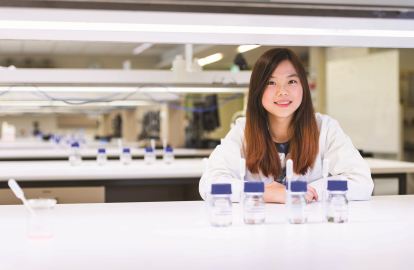
At UniSA, our research degree students solve real world problems, partner with end-users of research, and develop skills for research excellence with career relevance.
UniSA provides a dynamic, multidisciplinary environment where you are encouraged to explore your own ideas under the supervision of some of Australia’s leading researchers. Our focus is always on finding practical solutions and creating new knowledge with a focus on addressing globally significant issues. In fact, 100% of our assessed research is rated at or above world-class.1
We offer a research environment with highly experienced and engaged supervisors, extensive connections to industry, government and communities. We encourage you to connect with our researchers and find out the possibilities.
UniSA is also ranked as the No.1 Young University in Australia for industry income.2 Our commitment to research with an industry focus is unprecedented. Read more about our strengths in research and discover some of our achievements.
12018 Excellence in Research for Australia (ERA), 4-digit Fields of Research. 22024 THE Young University Rankings.
Before applying, you will need to do some investigation. Our step-by-step guide will take you through the process of preparing your application to maximise your chances of success.
Please check the research degrees calendar for all key dates.
Every year, over 2,500 UniSA students are supported in their studies through scholarships and grants worth millions of dollars. Check out the scholarships below. One of them may be perfect for you. Visit our scholarships page for more.
These scholarships will cover your tuition fees and your overseas health cover, and provide and a stipend (living allowance).
These scholarships address local, national and international grand challenges, and encourage collaboration with industry and community partners.
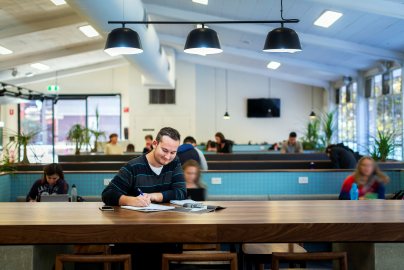
We offer unparalleled learning facilities, and are committed to continually investing in and upgrading our laboratories and technical capabilities to ensure researchers have access to the very best resources and equipment needed to carry out world-class research. Some of our specialised laboratories and facilities include the:
For information on applying to do postgraduate study by research, including Masters by Research, PhDs or Doctorates, please visit unisa.edu.au/Research/Degrees/
You are eligible for a range of scholarships and grants as a current research student.
For example, the prestigious Vice Chancellor and President’s Scholarship,
Maurice de Rohan International Travel Scholarships or one of UniSA’s International Travel Grants.
See Scholarships and Prizes for more information.

Hear from some of our health PhD students as they discuss their studies and exciting research opportunities at UniSA.
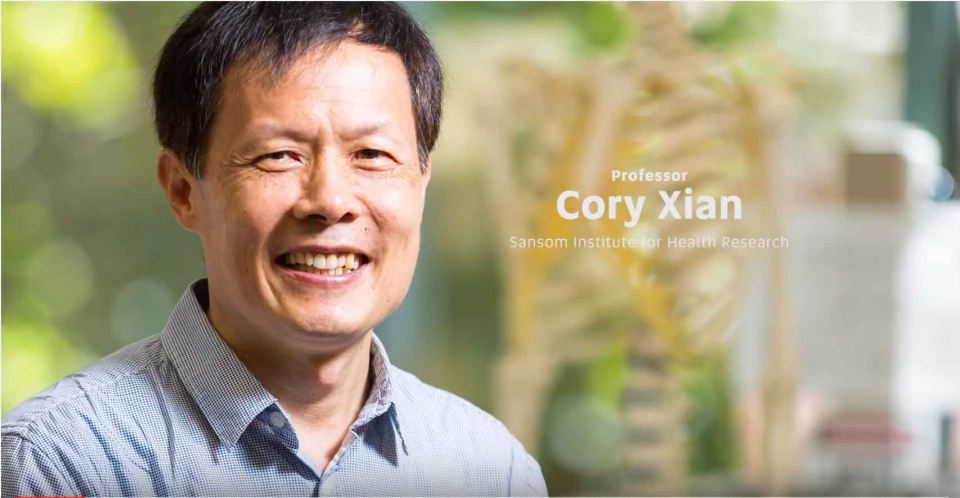
Hear from Research Professor Cory Xian, whose research focuses on tissue and bone injury repair.
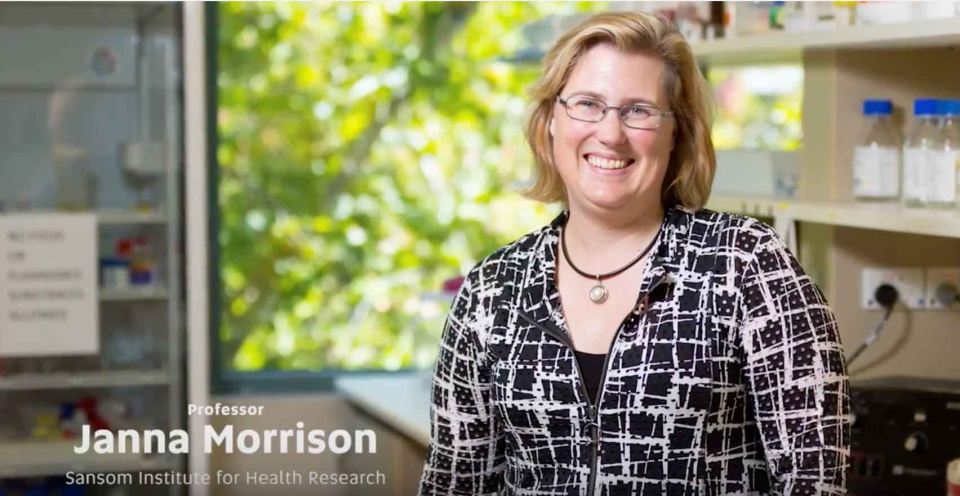
Hear from Professor of Physiology Janna Morrison, whose research focuses on the increased risk of cardiovascular disease on babies who are born too small or too early.
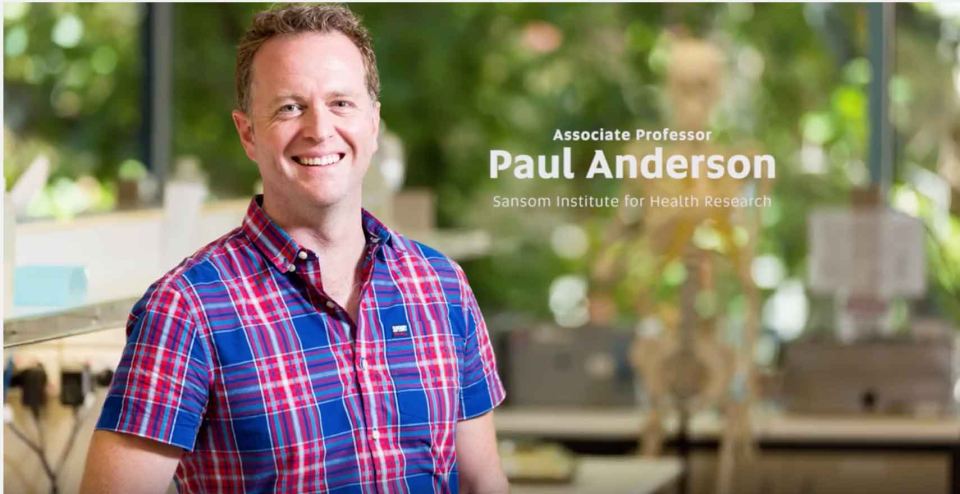
Hear from Associate Research Professor Paul Anderson, whose research focuses on preventative strategies for treating bone diseases such as osteoarthritis.
